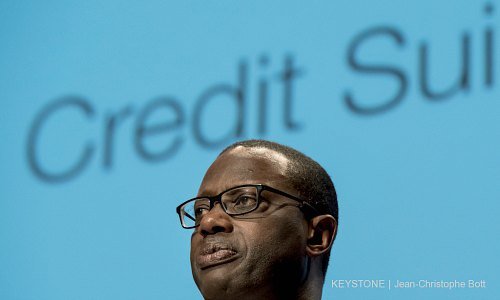He is too tied to the trading unit's swerving prospects. And since any financial market uncertainty hitting the unit in turn affects clients' lust for risk-taking, the wealth unit also suffers. Morgan Stanley expects the private bank's margins to thin this quarter.
Higher Payouts, Less Spending
Instead, Thiam has two options to jazz up Credit Suisse's share story: hike payouts to shareholders, and improve profitability with another round of cost-cutting. It's reasonable to assume that it is now shareholders' turn: last year, Thiam already flagged a 50 percent payout ratio next year and in 2020.
Morgan Stanley expects the windfall split up half in dividends and half in a share buyback program. Because of the uncertain prospects for Credit Suisse's revenue, Thiam is unlikely to venture further out on a limb.
More Job Cuts?
As for another round of cost-cutting following a gruelling three-year effort, Credit Suisse recently denied plans for more major job cuts. To be sure, the bank wants to keep its spending stable through 2020 at 16.5 billion to 17 billion Swiss francs, can be achieved without another wave of cuts (but by not replacing departing staff, for example.
Thiam can't cut his way to growth. Both he and investors realize that to hike Credit Suisse's revenue sustainably, he will have to shell out. Investing to save money is a case that Credit Suisse already presented at its last investor day. The bank argued for digitizing and automating processes and outsourcing services which don't directly affect clients as a way to lift productivity per employee.
If the combination is enough to base a sustainably attractive stock story on remains to be see. Notable is that a host of analysts recently drew down their target prices for the bank.
- << Back
- Page 2 of 2




































